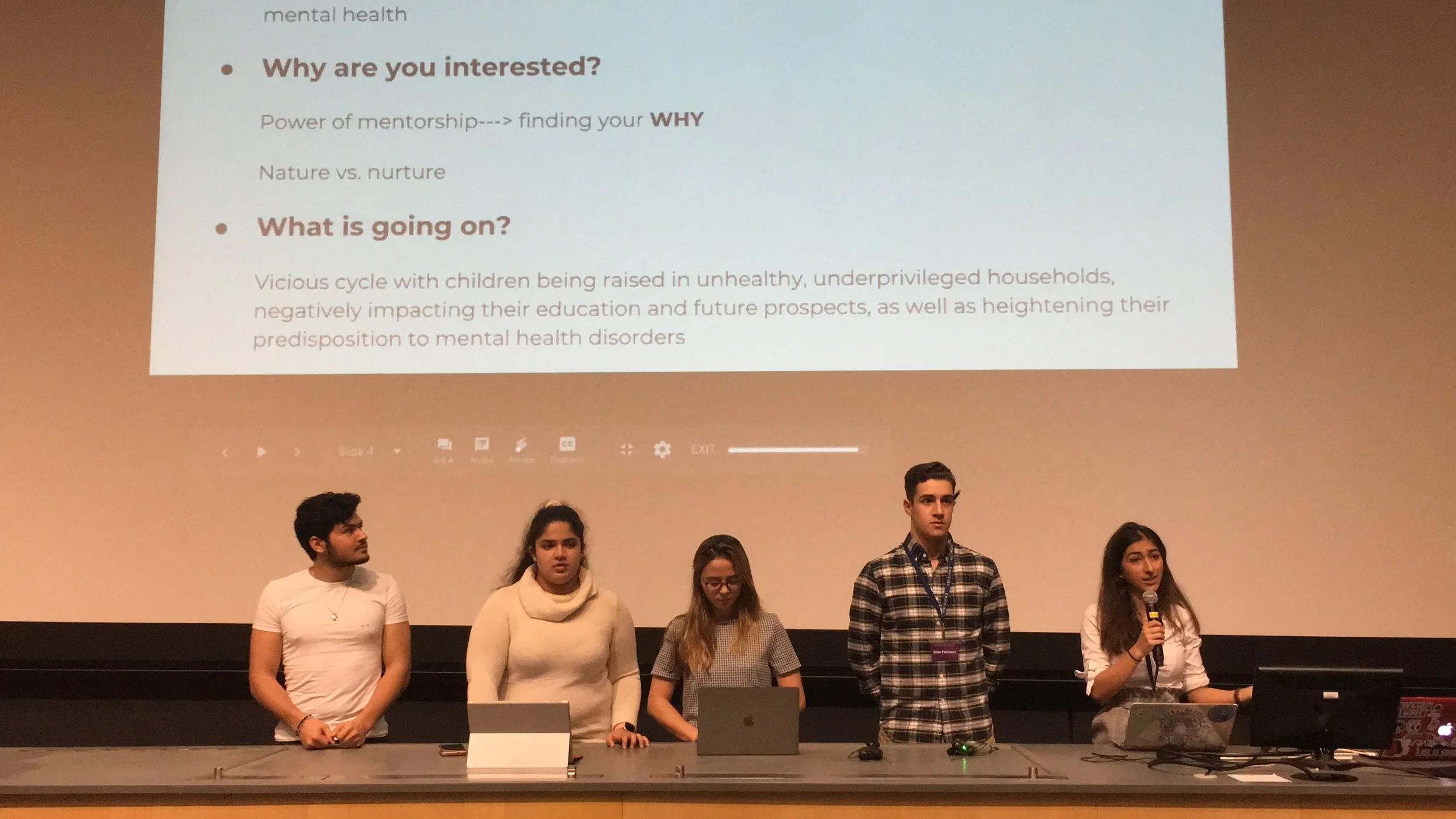I had often felt as if straddling the humanities and sciences sort of put me in an awkward limbo, lacking depth in either, unable to answer the staggering questions both philosophy and neuroscience provoke.
Last November, I attended the Envision Conference, a conference hosted by Princeton that brings together future and current innovators, engineers, scientists, business leaders, intellectuals and policy makers to explore the implications of new technological trends, and consilience was the cynosure of the conference. The conference consisted of talks, workshops, networking sessions and developing a project with a team. On the first day, we were responsible for assembling a team and ideating a project proposal, which we would be working on over the next few days of the conference. We then had to present our ideas, proof of concept and plan for implementation on the last day.
I was the team leader for a project on homelessness and mental health, and in the process I gained first-hand exposure to the imminent need for both the humanities/social sciences and rigorous natural sciences in tackling pressing issues such as poverty and mental health crises. The promise of technology in this arena encouraged me to think about how the research I am contributing to in the Axel Lab can have social impact.
I reflected a lot on ethical practices in science, and what it means to innovate ethically. It seems impossible to halt the sky rocketing technological advancements, and so it is becoming ever the more important to consider frameworks in which harm can be mitigated. Take autonomous vehicles for example, the programming of an autonomous vehicle will preside on set ethical paradigms, such as coding for maximum utility, or even encoding Kant’s universal law formula. Though with all the baggage contemporary moral theories bring with them, as well as the quite inaccurate conceptions of human nature they are based on, it doesn't seem to be as easy as that.
It is not only an insurmountable task, but an imminent one. With both wealth gaps and fossil fuel energy exhaustion skyrocketing, the demand for technology has never been so relevant, and yet so alarming. At the conference, the majority of the workshops and talks were on the promise and plight of technology-two that stuck out were on gene editing/gene drives and its implications for both healthcare and the environment, and also human organoid research. Talks included how to be a successful leader, how to influence the future and how to make sure your innovations are as humane and accessible as possible. The highlight of the conference was probably meeting incredible scientists, thinkers and writers alike, all united under a common vision of using science and technology for a better community. I reminisced attending the Society for Neuroscience conference exactly a year ago and feeling a similar sense of community, fueled by a strong desire to go back to Columbia and focus my pursuits towards that common goal.
This experience buttressed my research journey because what use is science if it cannot be implemented effectively and ethically?







